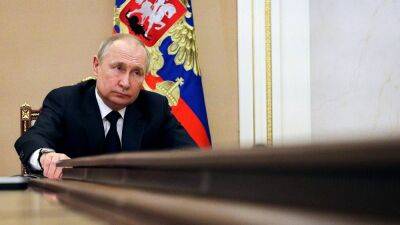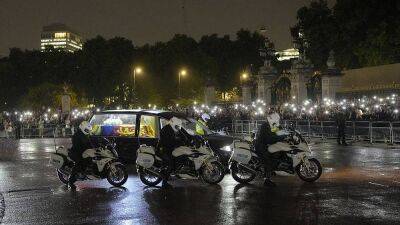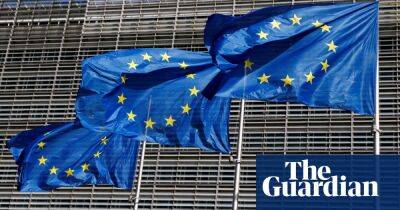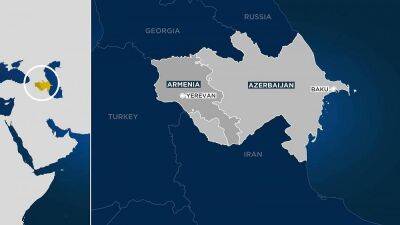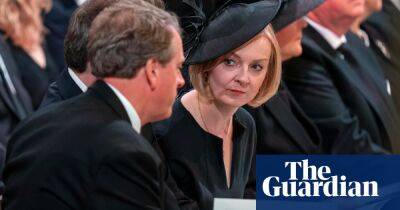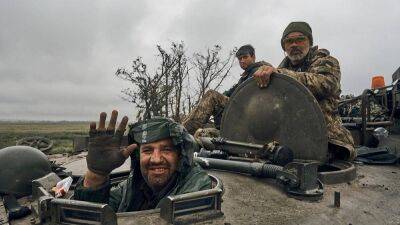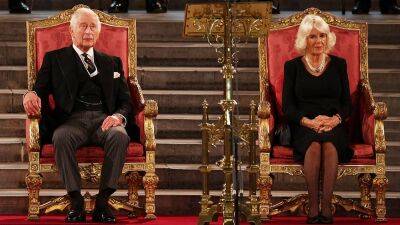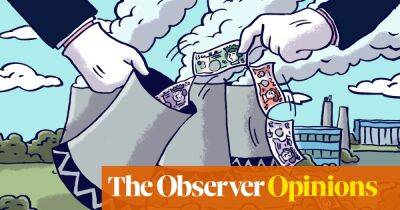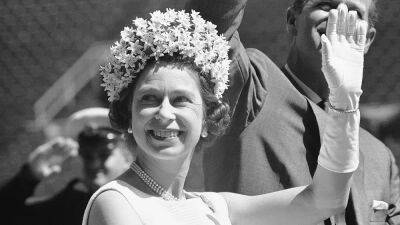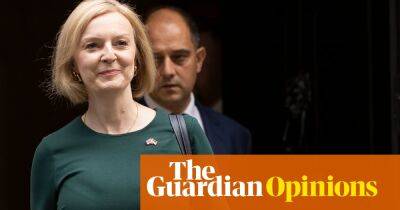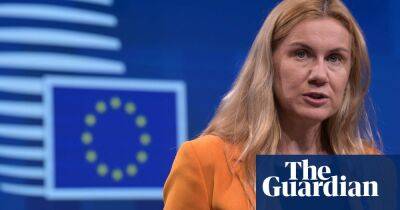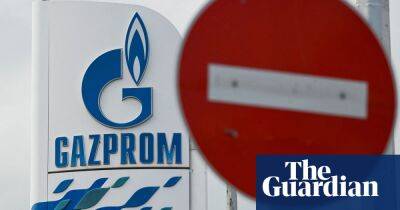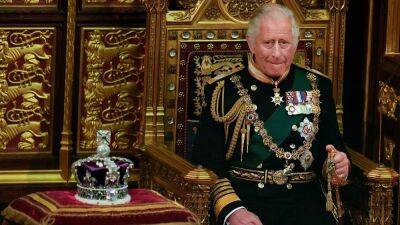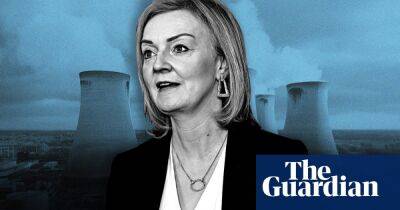Ukraine war: Putin approves new foreign policy, tensions rise at plant, American actors sanctioned
President Vladimir Putin on Monday approved a new foreign policy doctrine based around the concept of a "Russian World", a notion that hard-line conservatives have used to justify intervention abroad in support of Russian-speakers.
The Russian President assented to the 31-page "humanitarian policy" which aims to "protect, safeguard and advance the traditions and ideals of the Russian World."
Among the goals that the document outlined are the strengthening of ties with eastern Ukraine's war-torn separatist entities, the self-proclaimed Donetsk People's Republic and Luhansk People's Republic; fostering closer links to Abkhazia and Ossetia, two Georgian breakaway regions whose independence is recognised by Moscow; and to develop a closer relationship with Slavic nations, China and India, as well as African, Middle Eastern and Latin American countries.
Putin has for years been highlighting what he sees as the tragic fate of some 25 million ethnic Russians who found themselves living outside Russia in newly independent states when the Soviet Union collapsed in 1991, an event he has called a geopolitical catastrophe.
Moscow has also continued to regard the former Soviet satellite regions, from the Baltics to Central Asia, as part of its legitimate sphere of influence - a notion fiercely resisted by many of those countries, as well as by the West.
The new document has stated that Russia's ties with its compatriots abroad allowed it to "strengthen on the international stage its image as a democratic country striving for the creating of a multi-polar world."
Tensions have risen at the Zaporizhzhia nuclear plant in southern Ukraine as shelling has augmented the risk of a potential radiation disaster.
The plant - which is run by Ukrainian
Read more on euronews.com

